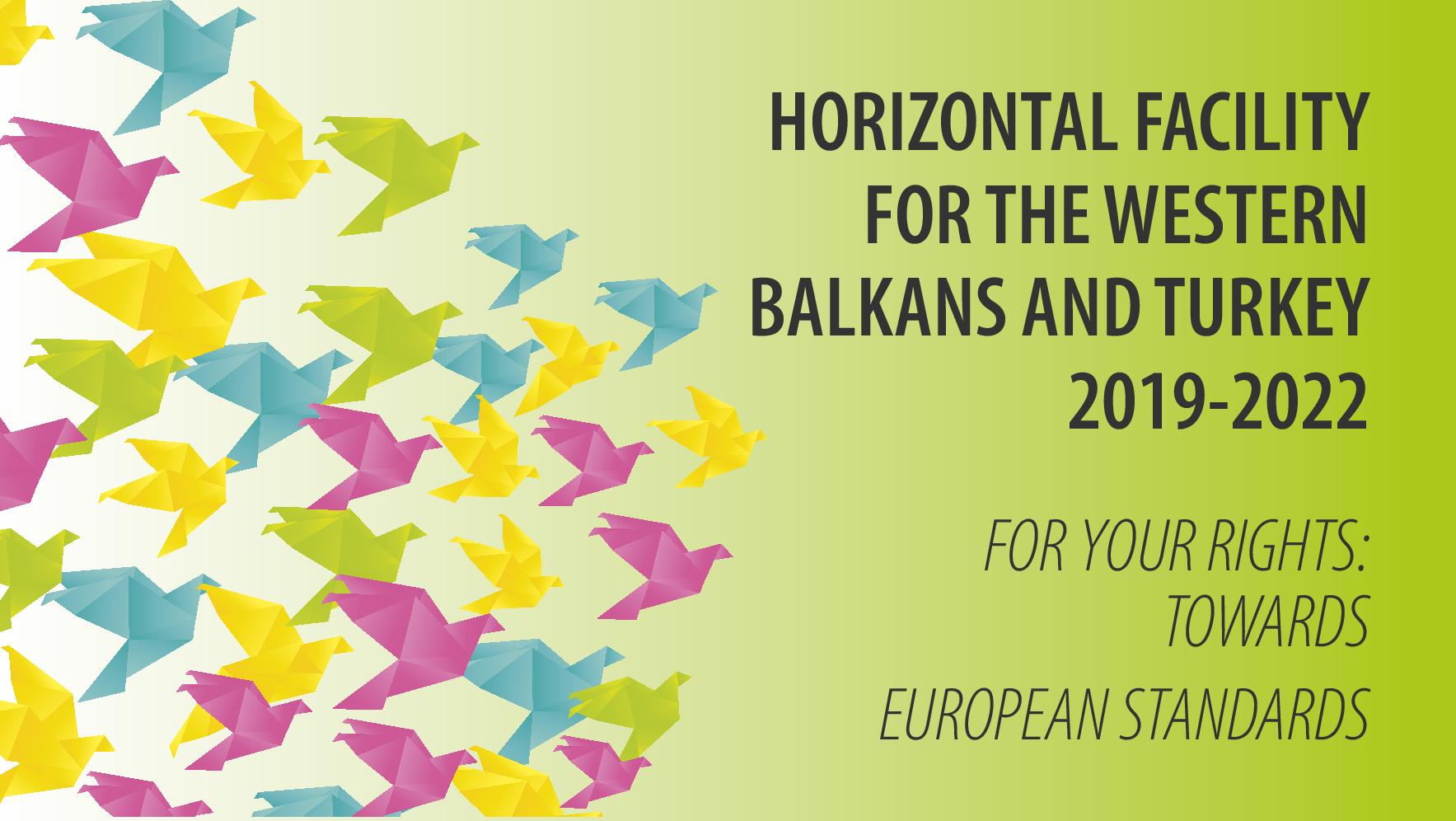As part of the European Union and Council of Europe programmatic framework “Horizontal Facility for the Western Balkans and Turkey” (Horizontal Facility), the European Commission for the Efficiency of Justice of the Council of Europe (CEPEJ) is implementing the Action “Strengthening the Quality and Efficiency of Justice (SEJ2)” in Albania with the support of the Council of Europe Office in Tirana, to further enhance the efficiency and quality of the justice system in Albania.
The SEJ2 Action is a continuation of the SEJ Project to “Increase the efficiency of the Albanian justice system, in line with European standards" (January 2014 - April 2016). It is being implemented for 24 months, until 30 June 2018, with an overall budget of 1.200.000 Euros.
This Action is built on the needs of its main beneficiaries and partners: the Ministry of Justice (MoJ), the High Council of Justice (HCJ), Courts, the School of Magistrates (SOM), the Office for the Administration of the Judicial Budget and the General Prosecutor’s Office.
The objectives of the Action
The overall objective of the Action is to contribute further to improving the efficiency and the quality of the public service of justice delivered to the Albanian citizens in accordance with CEPEJ standards and tools.
The first specific objective is to enhance the efficiency of the justice system on judicial statistics and improve time management with:
- Additional support to enhance the capacity of beneficiairies to improve the collection and analysis of reliable statistical data for policy making in accordance with CEPEJ methodology and tools, in particular the SATURN Guidelines;
- The implementation of priority recommendations made in SEJ Court Coaching Programmes with practical and targeted projects, particularly on judicial time management, within selected courts;
- Support to the School of Magistrates for the development of new curricula for judicial and administrative staff;
- Targeted contributions, when requested, to the justice reform in Albania by assisting the interlocutors throughout its implementation.
The second specific objective is to further enhance the quality of service by courts, with:
- Court Coaching Programmes in view of building the capacity of courts to deliver a better justice service in accordance with CEPEJ quality tools such as the quality checklist and users’ satisfaction surveys.
- Support to the School of Magistrates for the development of new curricula to include topics on the quality of justice.
The CEPEJ
The CEPEJ is made up of representatives of the 47 member states of the Council of Europe. The CEPEJ develops concrete measures and tools aimed at policy makers and judicial practitioners in order to:
- analyse the functioning of judicial systems and orientate public policies of justice;
- have a better knowledge of judicial timeframes and optimize judicial time management;
- promote the quality of the public service of justice;
- facilitate the implementation of European standards;
- support member states in their reforms of court organization.
The CEPEJ also contributes specific expertise to the debate about the functioning of the justice system in order to provide a forum for discussion and proposals, and to get the users closer to their justice system.




